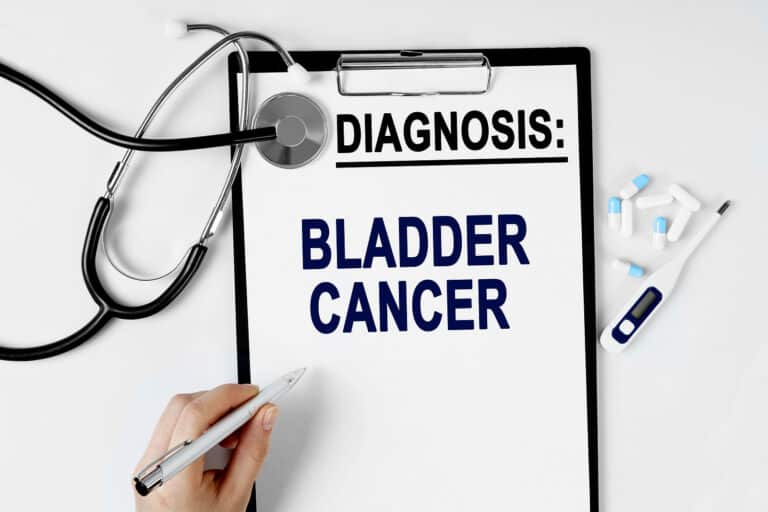The bladder is a hollow organ that is an integral part of a person’s urinary tract. It stores the urine until it’s ready to be released from the body. The bladder is lined with cells that, when they begin to change and grow like they shouldn’t, a mass can form and be cancerous. Each year more than 80,000 adults are diagnosed with bladder cancer. While it is not one of the most prevalent cancers, it’s important as a caregiver to an aging parent to recognize the symptoms of bladder cancer.
Pain while urinating
Depending on how much you or your cancer care at home provider need to help your parent use the restroom, you may not be able to notice this symptom. If you are at the stage where you or your cancer care at home provider are present while your parent is urinating, look for the expression on his face while he urinates if he’s custom to talking about discomfort.
Blood clots in the urine
This symptom is usually the main symptom that will get people to go to the doctor to investigate the cause. If your parent is independently using the bathroom, it’ll be up to him to alert you if he sees any blood when he urinates. Discussing what to look for and what to alert you about now will help him know when something is important enough to bring up in the future.
Frequent urination
As you care for your aging parent, you may be able to notice if he seems to be using the bathroom more frequently. If it seems he has multiple bathroom stops during outings or if he’s up and out of his chair more often, you should investigate what’s causing the need to urinate more often. Even if it’s not cancer, an infection should be treated immediately so your parent can find relief quickly. Most often, the cause is not cancer but something much more benign, but without checking on it, you might wait too long until it develops into something worse.
Along with frequent urination (both during the day and night) comes the symptom of feeling like he needs to urinate, but once he gets to the bathroom, being unable to do so. Don’t be nervous about asking your parent how it went when he visits the bathroom, especially if he’s going often and comes out quickly. He might not know how to bring up his inability to urinate.
Pain in the lower back on one side
If your parent complains to you or his senior care provider about pain in his lower back, it may not be that he just slept in the wrong position the night before. Consistent lower back pain is often a symptom of bladder cancer.
If you are concerned about any changes that have occurred with your parent’s ability to urinate, don’t hesitate to bring him to his regular physician to discuss and talk about the following steps to diagnose. There are many reasons your parent may have issues, and bladder cancer is just one, but the sooner you know, the sooner you can help your parent recover.
If you or an aging loved one are considering hiring Cancer Care at Home in San Jose, CA, contact the friendly staff at Home Care Professionals today.
Call (866)-940-4855
Source:
https://www.cancer.net/cancer-types/bladder-cancer/symptoms-and-signs
- Liver Cancer Symptoms and Risk Factors - April 24, 2025
- Seven Indicators That Your Loved One Could Benefit from 24-Hour Home Care - April 18, 2025
- Creating Visual Cues to Support Independence for Seniors With Alzheimer’s - April 9, 2025




